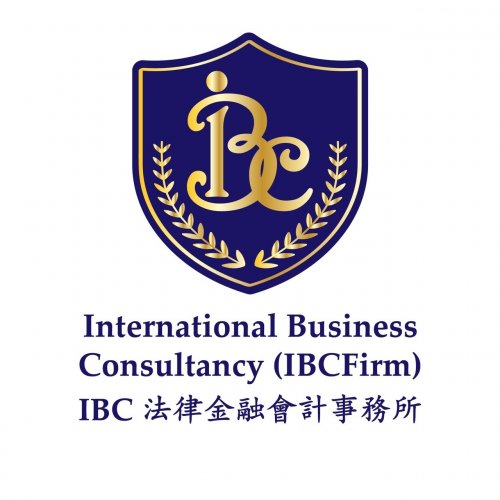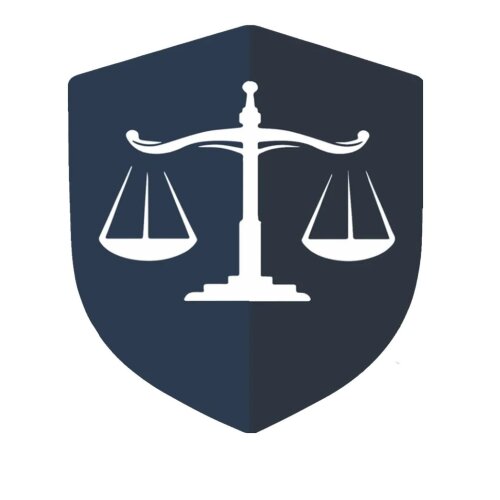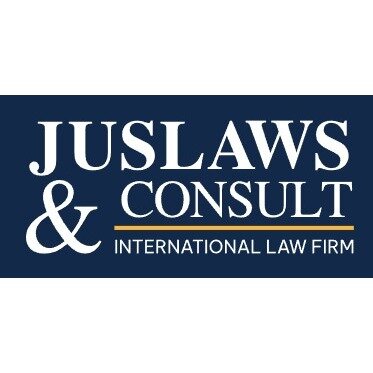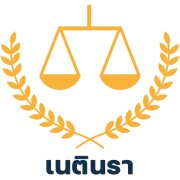Best Bankruptcy Lawyers in Bangkok
Share your needs with us, get contacted by law firms.
Free. Takes 2 min.
List of the best lawyers in Bangkok, Thailand
Legal guides written by GPS Legal:
- Thailand’s SMART Visa program: What you should know
- Estate planning goes beyond wills
- Buying a condo in Thailand as a foreigner
Thailand Bankruptcy Legal Articles
Browse our 1 legal article about Bankruptcy in Thailand written by expert lawyers.
- How to File for Bankruptcy in Thailand
- The economic landscape of Thailand has seen its share of ups and downs over the years, with the 1997 Asian financial crisis leaving an indelible mark on the country's financial system. This crisis forced Thailand to reevaluate its financial institutions and legal frameworks. As a response to the corporate defaults... Read more →
About Bankruptcy Law in Bangkok, Thailand
Bankruptcy law in Bangkok, Thailand is a legal process governed by the Thai Bankruptcy Act which allows individuals or businesses unable to repay their debts to seek relief through restructuring or liquidation. The Bankruptcy Court in Bangkok is responsible for handling bankruptcy cases throughout the country. The purpose of bankruptcy proceedings is not just to alleviate the debtor from the stress of unpaid debts but also to ensure the fair and orderly distribution of a debtor’s assets to creditors.
Why You May Need a Lawyer
Bankruptcy can be a complex process involving numerous legal and financial considerations. You may need a lawyer in situations where:
- You are overwhelmed by debt and looking for options for debt relief or restructuring.
- Your creditors are pursuing aggressive collection activities against you.
- You are a business owner facing insolvency and need to understand the implications of bankruptcy on your business operations.
- You need advice on protecting your assets or defending yourself against accusations of fraudulent transfers.
- You wish to understand the potential impacts of bankruptcy on your financial future and creditworthiness.
Local Laws Overview
In Bangkok, the Bankruptcy Court handles bankruptcy cases under the Thai Bankruptcy Act. Key aspects include:
- Types of Bankruptcy: Personal and corporate bankruptcies are recognized. For businesses, a restructuring option known as Business Rehabilitation is available.
- Filing for Bankruptcy: A debtor or creditor can file for bankruptcy if a debtor owes more than a specific threshold.
- Automatic Stay: Once bankruptcy proceedings begin, an automatic stay is issued, preventing creditors from pursuing collection actions.
- Asset Liquidation: For those declared bankrupt, assets may be liquidated to repay debts.
- Discharge of Debts: A discharge releases the debtor from personal liability for certain debts, but there are exceptions.
Frequently Asked Questions
What is the threshold amount for filing bankruptcy in Bangkok?
The threshold varies, but generally, individuals need a debt of at least two million baht and businesses need at least three million baht in debts to qualify for bankruptcy.
How long does the bankruptcy process take in Thailand?
The duration varies depending on the complexity of the case. Generally, personal bankruptcy might take over a year, while corporate bankruptcy can last significantly longer, especially if rehabilitation is involved.
Can foreigners file for bankruptcy in Thailand?
Yes, foreigners can file for bankruptcy in Thailand if their assets or operations are based in Thailand, or if they reside there.
What debts are dischargeable in Thai bankruptcy?
Most unsecured debts can be discharged. However, debts such as fines for crimes, some taxes, and alimony are non-dischargeable.
Will filing for bankruptcy affect my ability to work or travel?
Filing for bankruptcy generally doesn’t affect your ability to work. However, there may be some restrictions on travel during the proceedings.
What is Business Rehabilitation?
Business Rehabilitation is a process similar to reorganization under U.S. Chapter 11 where a financially troubled company proposes a rehabilitation plan to restructure its debts while continuing operations.
Can I choose which assets to liquidate in bankruptcy?
Typically, you do not choose the assets to liquidate. A trustee is appointed to manage and distribute assets to creditors according to legal priorities.
Is bankruptcy information made public in Thailand?
Yes, details of bankruptcy cases are generally public record, and parties can access them through court documents.
Will I lose everything if I file for bankruptcy?
No, debtors are usually allowed to keep necessities for living and working, but luxury items may be subject to liquidation.
What happens if a creditor illegally tries to collect during the automatic stay?
If a creditor violates the automatic stay, the debtor can file a motion with the court requesting sanctions against the creditor.
Additional Resources
For additional support and information on bankruptcy proceedings and laws in Bangkok, consider reaching out to:
- The Legal Execution Department: Oversees the enforcement of court judgments and bankruptcy proceedings.
- The Bangkok Bankruptcy Court: Provides legal services related to bankruptcy cases.
- Thai Lawyers Council: Useful for finding accredited legal professionals.
- Consumer Protection Board: Offers guidelines and advice on consumer rights and financial disputes.
Next Steps
If you are considering bankruptcy or need guidance, it is crucial to consult with a lawyer specializing in bankruptcy law who is familiar with the local legal environment. Here are the steps you can take:
- Gather and organize your financial documents, including debts, assets, income sources, and other relevant materials.
- Research and select a reputable bankruptcy lawyer in Bangkok by checking credentials and reviews.
- Schedule a consultation with your lawyer to discuss your situation and explore your options.
- Work closely with your lawyer through the bankruptcy process to ensure adherence to legal requirements and to optimize your outcomes.
Lawzana helps you find the best lawyers and law firms in Bangkok through a curated and pre-screened list of qualified legal professionals. Our platform offers rankings and detailed profiles of attorneys and law firms, allowing you to compare based on practice areas, including Bankruptcy, experience, and client feedback.
Each profile includes a description of the firm's areas of practice, client reviews, team members and partners, year of establishment, spoken languages, office locations, contact information, social media presence, and any published articles or resources. Most firms on our platform speak English and are experienced in both local and international legal matters.
Get a quote from top-rated law firms in Bangkok, Thailand — quickly, securely, and without unnecessary hassle.
Disclaimer:
The information provided on this page is for general informational purposes only and does not constitute legal advice. While we strive to ensure the accuracy and relevance of the content, legal information may change over time, and interpretations of the law can vary. You should always consult with a qualified legal professional for advice specific to your situation.
We disclaim all liability for actions taken or not taken based on the content of this page. If you believe any information is incorrect or outdated, please contact us, and we will review and update it where appropriate.

















